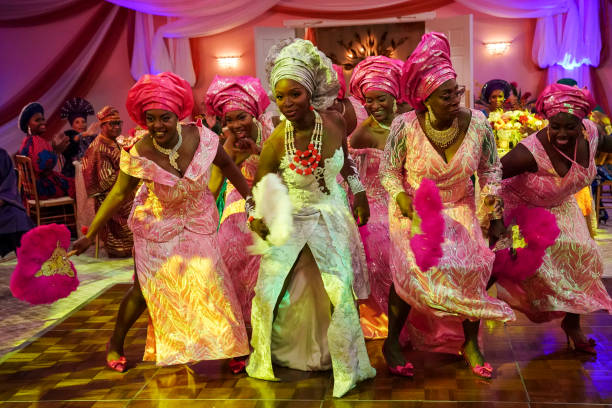LAGOS, Nigeria – It’s 4:30 a.m. in Jibowu, Lagos. The sky is still dark, the city just beginning to stir. Amid the soft murmur of engines and the smell of burning fuel, Ibrahim Lawal tightens his grip on the steering wheel of his ageing Toyota Hiace bus. His destination? Maiduguri — over 1,400 kilometres away.
For Ibrahim, this is just another day on the road. At 42, with two decades behind the wheel, he knows Nigeria’s highways like the back of his hand — from the bustling routes of Lagos to the dry, dusty stretches of the North-East. But every journey carries its own weight.
“Sometimes, it feels like you’re gambling with your life,” he says, adjusting his worn cap. “You just pray and move.”
The Long Road
Intercity transport in Nigeria is more than a business; it’s a lifeline. With limited air travel options and inconsistent train services, road transport remains the backbone of movement across states. Drivers like Ibrahim are at the centre of this system — connecting families, traders, students, and travellers from one end of the country to the other.
On a good day, the Lagos to Maiduguri trip takes two full days. On a bad day — or a dangerous one — it could be longer, if it ends at all.
They face pothole-riddled roads, armed robberies, corrupt checkpoints, and fatigue. Yet they press on, carrying passengers and parcels, often under impossible pressure.
“You have to be alert always,” says 36-year-old Hauwa Umar, one of the few female long-distance drivers in Nigeria. “Even when you’re tired, even when you’re scared. Because if you lose focus for just a second, it could be the end.”
Risk and Reality
Security is the biggest fear. In some regions, especially parts of the North-East, insurgency and bandit attacks are still a concern. Drivers speak in hushed tones about colleagues who never made it back, buses hijacked, passengers abducted.
“It’s real,” says Musa Adamu, who has been driving between Abuja and Yola for eight years. “You see a roadblock, and you don’t know if it’s police or bandits. We rely on our instincts and sometimes, luck.”
Despite these dangers, many drivers say they have no choice. For most, it’s their only source of income. A full trip might bring in ₦50,000 to ₦70,000, but after deducting fuel, tolls, bribes, and minor repairs, little is left.
Still, they keep going.
“We don’t do it because it’s easy,” says Ibrahim. “We do it because it’s necessary. People must move. Goods must go.”
Brotherhood of the Highway
There’s a quiet bond among these drivers — a code of solidarity that’s forged on endless stretches of tarred and broken roads. They help one another with flat tyres, share intelligence about dangerous spots, and even warn each other about roadblocks via WhatsApp groups.
In bus parks across the country — from Jibowu to Kano’s Sabon Gari — they rest on benches, sip hot tea, and exchange stories of the road.
“We laugh to forget our stress,” says Hauwa with a tired smile. “Some of us haven’t seen our families in weeks. But in these parks, we find our people.”
Hope in Motion
Still, they dream. Some hope to buy better vehicles. Others want to save enough to leave the road entirely. There’s hope too in the passengers who pray before take-off, in the kids waving at passing buses, in every safe arrival.
“I may not be rich, but I know I’m important,” Ibrahim says as he checks his tyres before departure. “Without us, Nigeria stops moving.”
As the sun rises over the Lagos skyline, Ibrahim starts the engine. It’s a long road to Maiduguri — full of risk, full of grit, but also, full of grace. And for drivers like him, it’s a road worth taking.





